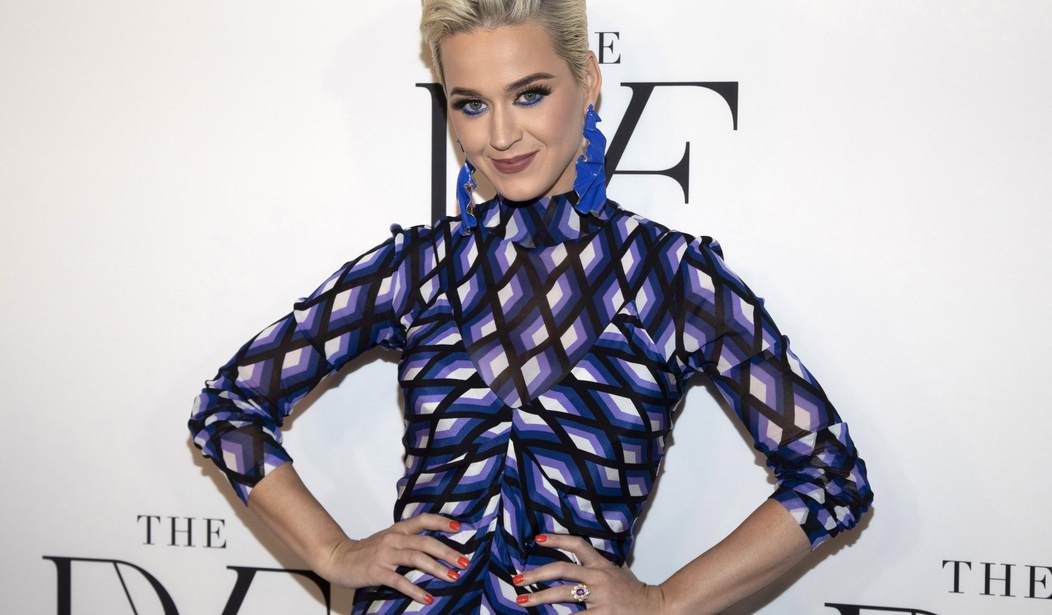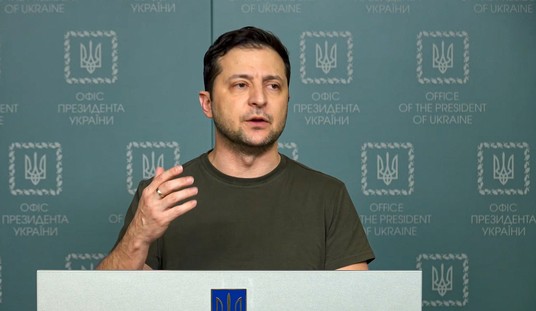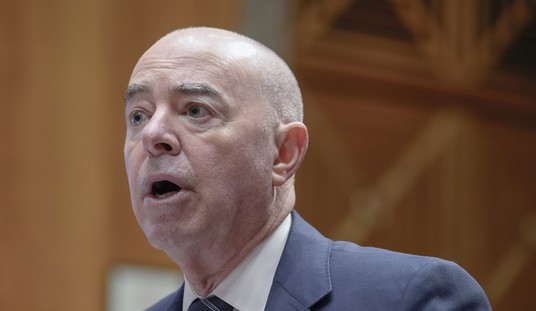On Monday, a jury found that Katy Perry’s 2013 hit song “Dark Horse” plagiarized a 2009 Christian rap song published four years earlier.
The nine-member federal jury in Los Angeles delivered this verdict five years after Marcus Gray and his co-authors Emanuel Lambert and Chike Ojukwu sued Perry in 2014, alleging that “Dark Horse” was stolen from “Joyful Noise,” a song Gray released under his stage name Flame, the Associated Press reported. The case will now move to a penalty phase in which the jury will decide how much Perry and her producers owe Gray and his co-authors for copyright infringement.
The case focuses on the notes and beats of the song, not its lyrics or recording, so the jury debated whether or not Katy Perry herself should be off the hook. But in a surprise decision, jurors found all six songwriters and all four corporations that released and distributed the songs were liable, including Perry and songwriter Sarah Hudson, along with Juicy J, who wrote the rap he provided for the song. Capitol Records and Perry’s producers Dr. Luke and Max Martin, and Cirkut, who came up with the song’s beat, were also held liable.
Gray’s attorneys claimed that the beat and instrumental line featured through nearly half of “Dark Horse” are substantially similar to those of “Joyful Noise.” “Dark Horse” spent four weeks atop the Billboard Hot 100 in early 2014 and earned Perry a Grammy nomination. She memorably performed the song during her 2015 Super Bowl halftime show.
Perry’s attorneys claimed the song sections in question represent the kind of simple musical elements that if found to be subject to copyright would hurt music and all songwriters.
“They’re trying to own basic building blocks of music, the alphabet of music that should be available to everyone,” Perry’s lawyer Christine Lepera said during closing arguments Thursday. Perry’s legal team’s musical expert testified that the musical patterns in dispute were as simple as “Mary Had a Little Lamb.” Her legal team also argued that none of the defendants had heard Gray’s music before composing, performing, and distributing the song.
Gray’s attorneys shot back, “They’re trying to shove Mr. Gray into some gospel music alleyway that no one ever visits.” They also noted Perry began her career as a Christian artist.
Here is the video for “Dark Horse,” which has 2.6 billion views on YouTube.
Here is the YouTube video for “Joyful Noise,” which has 3 million views.
The main beat and instrumental line in “Joyful Noise” does indeed sound a great deal like “Dark Horse,” and it certainly seems Gray has a case. However, I can’t help but fear that innocent people will be punished when they have not truly plagiarized.
While it may be satisfying to conservatives to see a mainstream artist brought down by a Christian rapper, this case highlights a serious problem with copyright law. If the songwriters, performers, and producers were telling the truth and had never heard “Joyful Noise” before — or if they had heard it as background noise and later were unconsciously inspired by the beat and instrumental line — they may have created a very similar sounding song without meaning to do so at all.
As a writer who publishes thousands of words a day, I fear that any paragraph may be substantially similar to something written before but which I have never seen or heard of. It is impossible for an author or a songwriter to read or listen to everything previously published, to make sure he or she is composing an original piece. Someone may seem like they are in violation of copyright law when they never even had any knowledge of the thing they are supposedly plagiarizing.
Worse, since the internet makes content creators so interconnected, it is feasible that someone has been influenced by a song in the past without knowing it, and that influence impacts their creation of new songs.
Thankfully, the chances of that actually occurring in journalism are slight, but I can’t help but sympathize for Katy Perry in this case. Naturally, it is almost impossible for her to prove her innocence — and she very well may be guilty. However, I can’t help but think this could be one massive misunderstanding.
(Note: None of this is to defend actual plagiarizing. Copying and pasting something and then claiming it as your own work is disgusting and cheapens the work of others. True plagiarism deserves to be punished, and it is possible “Dark Horse” truly plagiarized “Joyful Noise.”)
Follow Tyler O’Neil, the author of this article, on Twitter at @Tyler2ONeil.









Join the conversation as a VIP Member